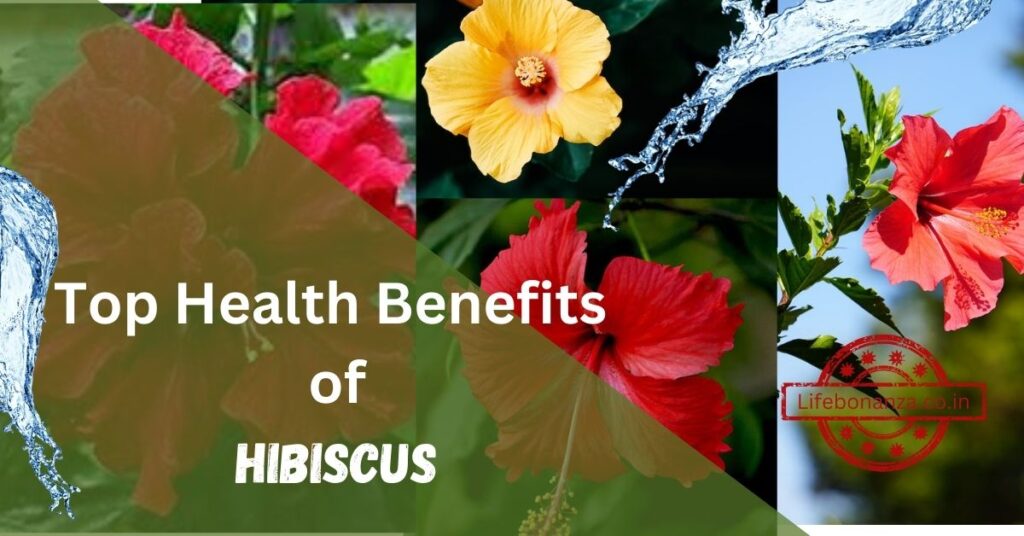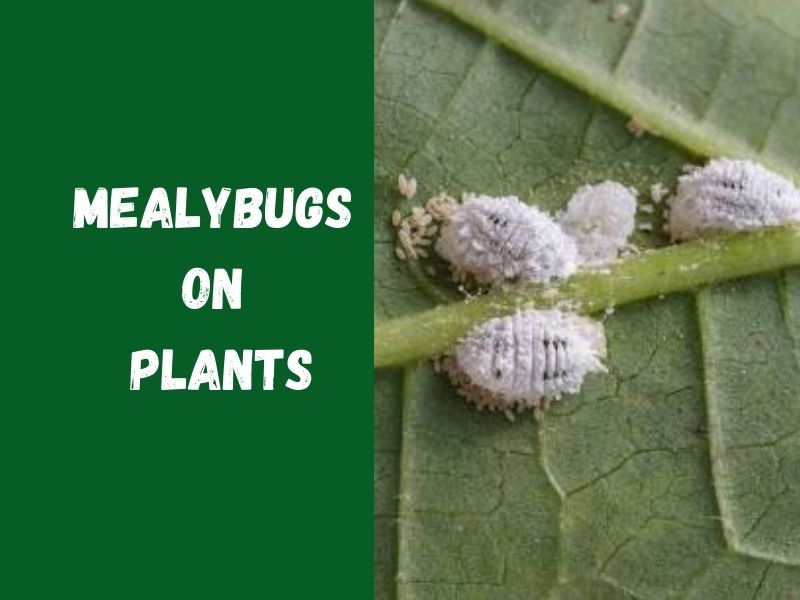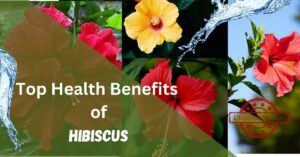
Hibiscus is a beautiful flowering plant that is native to warm, tropical regions and well known for its Health Benefits . Hibiscus grows in tropical and subtropical regions, including India ,China, Thailand, Sudan, Nigeria, and Mexico etc . Health Benefits of Hibiscus are so huge that the flowers, seeds, leaves, and stems are all used for culinary, cosmetic, and medicinal preparations.
They are available in various colors .
This flower is known for its vibrant colors and unique appearance, but it also has a number of health benefits and uses. In this article, we will explore the various benefits and uses of hibiscus, as well as any potential harms that may come with its use.
Health Benefits of Hibiscus
Hibiscus has been used for centuries in traditional medicine to treat a variety of ailments.The Nature of Hibiscus is cold means it have natural cooling effect on body .Here are some of the most well-known health benefits of hibiscus:
Lowering Blood Pressure
Research has shown that hibiscus tea may help lower blood pressure in people with hypertension. This is because hibiscus contains compounds that act as natural ACE inhibitors, which can help relax blood vessels and improve blood flow.
Reducing Inflammation
Hibiscus has anti-inflammatory properties that can help reduce inflammation throughout the body. This can be especially beneficial for people with conditions like arthritis or other inflammatory diseases.

Boosting Immunity
Hibiscus is rich in vitamin C and Iron, which is a powerful antioxidant that can help boost the immune system. This can help protect against infections and illnesses.
Supporting Digestive Health
Hibiscus has a mild laxative effect that can help promote regular bowel movements and prevent constipation. It can also help soothe digestive issues like stomach cramps and bloating.
Uses of Hibiscus
In addition to its health benefits, hibiscus can also be used in a variety of other ways. Here are some of the most common uses of hibiscus:
Tea
Hibiscus tea is a popular beverage that is enjoyed around the world. It has a tart, fruity flavor and can be served hot or cold. To make hibiscus tea, simply steep dried hibiscus flowers in hot water for several minutes.
Food Coloring
Hibiscus can be used as a natural food coloring agent. The vibrant red color of hibiscus flowers can be extracted and used to color foods like jams, jellies, and sauces and gulkand.
Skincare
Hibiscus contains natural acids that can help exfoliate the skin and promote cell turnover. This can help improve the overall texture and appearance of the skin. Hibiscus can also be used in face masks and other skincare products to help hydrate and soothe the skin.
Potential Harms of Hibiscus
While hibiscus is generally considered safe for most people, there are some potential harms to be aware of. Here are some things to keep in mind:
Interaction with Medications
Hibiscus can interact with certain medications, including blood pressure medications and diuretics. If you are taking any medications, it’s important to talk to your doctor before using hibiscus.
Allergic Reactions
Some people may be allergic to hibiscus. If you experience any symptoms like itching, swelling, or difficulty breathing after consuming hibiscus, stop using it immediately and seek medical attention.
My Opinion
Hibiscus is a versatile plant that offers a number of health benefits and uses. Whether you enjoy it as a tea, use it as a natural food coloring agent, or incorporate it into your skincare routine, hibiscus is a great addition to any lifestyle.
Remember Precautions :
Just be sure to talk to your doctor before using hibiscus if you are taking any medications or have any allergies already. Also Before using any part of hibiscus please ensure that it is pest free because it caught pest (mealybugs) easily in summers.
If you unable to do so then in market hibiscus powders are available to use.
Pregnant women and women who want conceive and people having cough(cold nature) should avoid taking hibiscus as medication .However if your nature is hot ,you feels too much internal heat in body and you have excess bile then it may be beneficial to you.
If Your Blood Pressures is low then avoid it.
Carotene, iron very much found in Hibiscus so use it if you feel anemia.
You should use only petals of flower for drinking tea or other drinks.

FAQ of Hibiscus
Ques :What is Hibiscus tea?
Ans: tea made from hibiscus is consumed in many cultures around the world and has gained popularity due to its refreshing taste and potential health benefits.
Here are some key aspects of hibiscus tea:
Preparation: In make hibiscus tea, the dried hibiscus petals or fresh petals are steeped in hot water.
You should remove the calyx or the green part at the base of the flower and remove the pistil which is the thin thread like tube in the middle of the flower which has pollens attached to it.
The resulting infusion has a deep red color and a pleasantly tangy taste.

Flavor: Hibiscus tea has a distinctive flavor profile. It is tart, tangy, and often described as having a cranberry-like taste.
The tea can be enjoyed hot or cold, and sweeteners like honey or sugar are often added to balance the tartness.
Health Benefits: Hibiscus tea is known to be rich in antioxidants, including flavonoids and anthocyanins.
These compounds may help support heart health by reducing blood pressure and cholesterol levels.
Hibiscus tea is also believed to have potential benefits for managing weight, promoting digestion,
and supporting the immune system.
Caffeine-Free: Hibiscus tea is naturally caffeine-free, making it a popular choice for those who
want to avoid or reduce caffeine intake. It can be enjoyed at any time of the day without concerns
about caffeine-related effects like sleep disturbances or jitters.
Cold Brew and Blends: Hibiscus tea can be enjoyed as a traditional hot infusion, but it is also commonly
prepared as a cold brew or blended with other herbs or fruits for added flavors and aromas.
It is often used as a base for iced teas, herbal blends, or mixed with other ingredients in cocktails and mocktails.
Cultural Significance: Hibiscus tea holds cultural significance in various regions. It is commonly consumed in many countries, including India ,China,Mexico, Egypt, Sudan, Thailand, and throughout the Caribbean.
It is a popular beverage in traditional ceremonies, festivals, and daily life.
Hibiscus tea is not only enjoyed for its flavor but also for its potential health benefits and vibrant appearance.
It can be a refreshing and enjoyable beverage choice for those seeking a caffeine-free alternative or simply looking to add variety to their tea selection.






